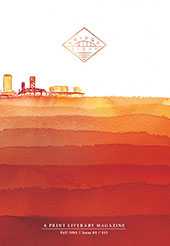 Based out of Jacksonville, Florida, the biannual print Bridge Eight Literary Magazine publishes literary fiction, poetry and creative non-fiction.
Based out of Jacksonville, Florida, the biannual print Bridge Eight Literary Magazine publishes literary fiction, poetry and creative non-fiction.
The magazine is published by Bridge Eight, a small independent press that seeks to build the literary culture of Northeast Florida, while publishing work from writers all over the world.
Publisher Jared Rypkema is based in Jacksonville, a city known for its seven bridges. He says, “Bridge Eight provides an ‘eighth bridge’ that will take readers to new imaginative destinations, connecting new voices and new readers, and venturing far beyond the boundaries of the city we call home.” Since its inception, Rypkema notes, Bridge Eight Literary Magazine has been wonderfully received both locally and regionally, earning the support of Jacksonville’s cultural council and arts community. Others working to make the publication happen include Managing Editor Coe Douglas, Senior Fiction Editor Melanie Webb, and Senior Poetry Editor Teri Youmans Grimm.
Bridge Eight started as a community-building organization that sought to connect Jacksonville-based writers and create a movement of literary culture within the city. After a year of hosting workshops and community events, the literary magazine concept was born in order to publish outside influences alongside those grown in Jacksonville, FL. Since there were no other independent literary magazines in Jacksonville, Bridge Eight became the only one of its kind when it published its first issue in November 2014.
Rypkema tells me, “As artists and writers first, publishers second, we carry a commitment to bring our readers the best writing we can, presented in the best way possible. We work with amazing artists for our design and the best printers in the country. For readers, this is a magazine that will not only be a great read, but feel and look amazing as well.”
Recent contributors include Mark Ari, editor of EAT Poems, Editorial Advisor to Fiction Fix, and author of The Shoemaker’s Tale; Teri Youmans Grimm, author of Dirt Eaters and Becoming Lyla Dore (forthcoming); and Lee Matalone, whose writing has recently appeared in the Noctua Review, Verbaleyze’s Young Writers Anthology, the Eunoia Review and the Stoneslide Corrective.
Bridge Eight continues to host workshops for Jacksonville-based writers and presents the semi-regular reading series, Abridged. Rypkema looks to the future of the publication: “As almost all other independent literary magazines, sustainability was key to our foundation. The decisions we’ve made and people we’ve worked with over the past year have set the magazine up for success in the years to come – where we hope to become a go-to for literary publishing in Northeast Florida. Bridge Eight Literary Magazine will always be on the lookout for excellent work that speaks to the very elements of humanity.”
Bridge Eight Literary Magazine accepts submissions on a rolling basis. Submissions received on or before February 15, 2015 will be considered for Issue 2 (Spring 2015).

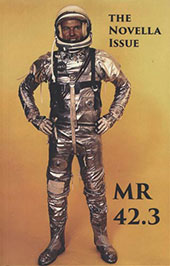 The newest issue of
The newest issue of 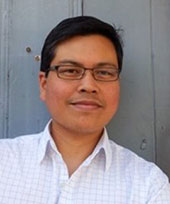
 The newest issue of
The newest issue of 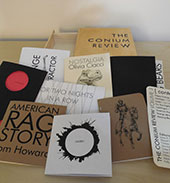 Volume 3 of
Volume 3 of 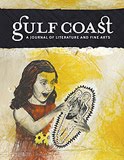 Poetry
Poetry Based out of Jacksonville, Florida, the biannual print
Based out of Jacksonville, Florida, the biannual print 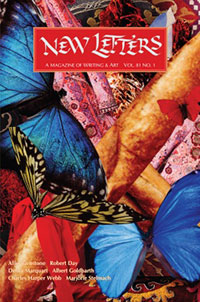
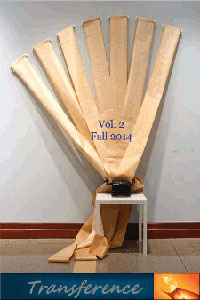
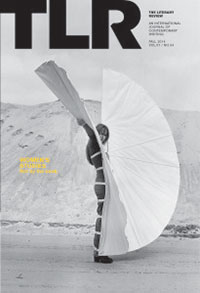
 While the submissions for this are limited to Vermont poets, the idea is one that could easily be adapted for your own city or college campus!
While the submissions for this are limited to Vermont poets, the idea is one that could easily be adapted for your own city or college campus!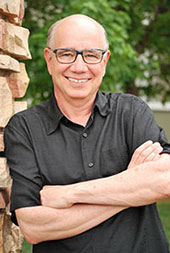 There’s still time to submit conference papers, panel or roundtable proposals for the
There’s still time to submit conference papers, panel or roundtable proposals for the 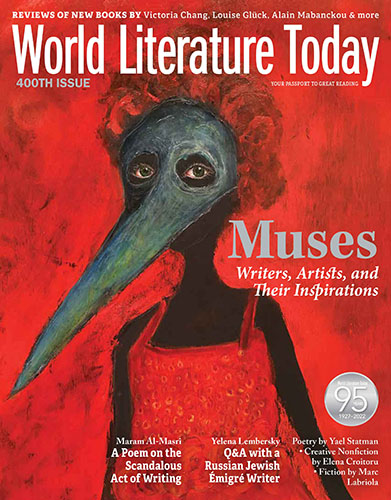 I recommend reading
I recommend reading 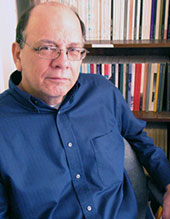
 Plan your events now! The Black Caucus of National Council of Teachers of English (NCTE) and NCTE are hosting
Plan your events now! The Black Caucus of National Council of Teachers of English (NCTE) and NCTE are hosting 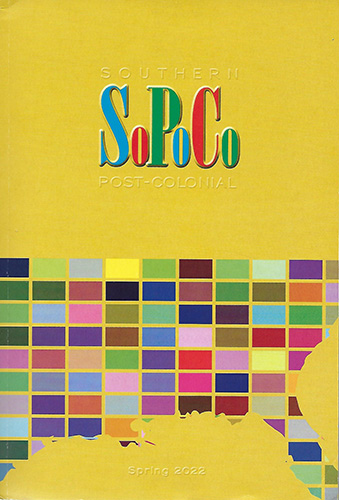 In addition to the cover image, the Winter 2014 issue of
In addition to the cover image, the Winter 2014 issue of 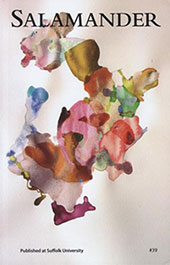
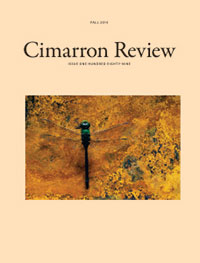
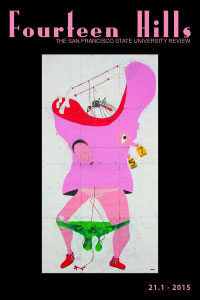 Because this cover made me look twice and then keep looking to really get the full sense of the image,
Because this cover made me look twice and then keep looking to really get the full sense of the image, 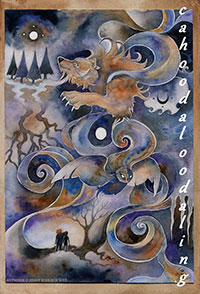 From the online magazine,
From the online magazine, 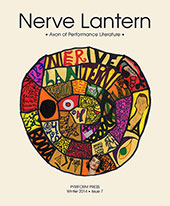

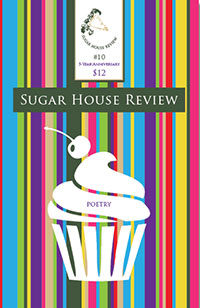
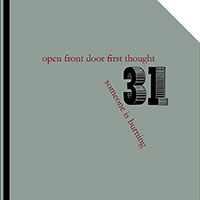
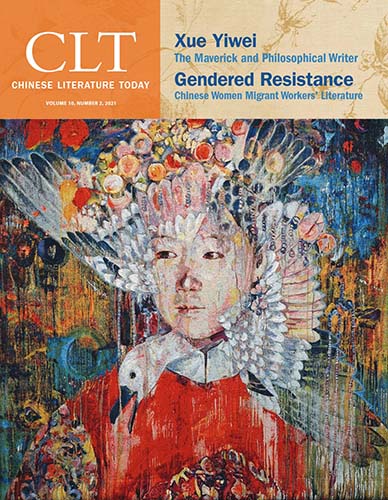 Modern short fiction highlights the newest issue of
Modern short fiction highlights the newest issue of  Mediterraneans is the subject of
Mediterraneans is the subject of 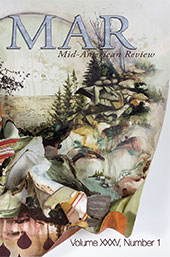 The newest issue of
The newest issue of 
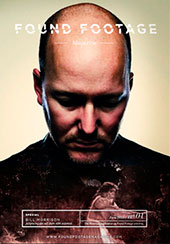 Found Footage Magazine
Found Footage Magazine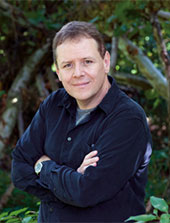
 Skin is the special focus of
Skin is the special focus of 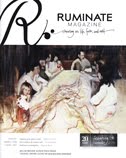
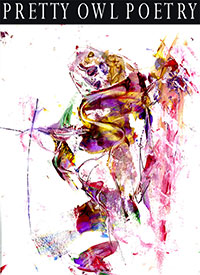
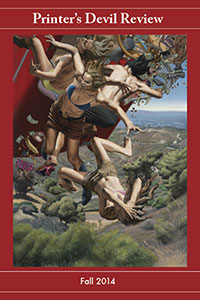
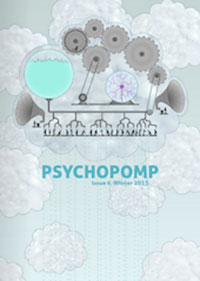
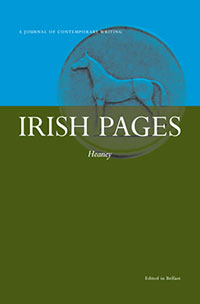 Edited by Chris Agee and Cathal Ó Searcaigh, the newest issue of
Edited by Chris Agee and Cathal Ó Searcaigh, the newest issue of 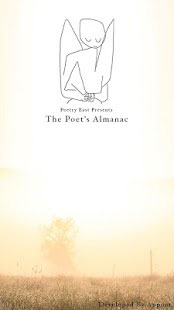
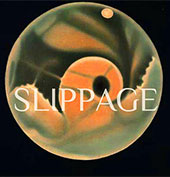 While science, technology, engineering and mathematics – STEM – is the recent focus in education, I am pleased to find pockets where the value of arts is retained: STEAM. The online literary/arts journal
While science, technology, engineering and mathematics – STEM – is the recent focus in education, I am pleased to find pockets where the value of arts is retained: STEAM. The online literary/arts journal